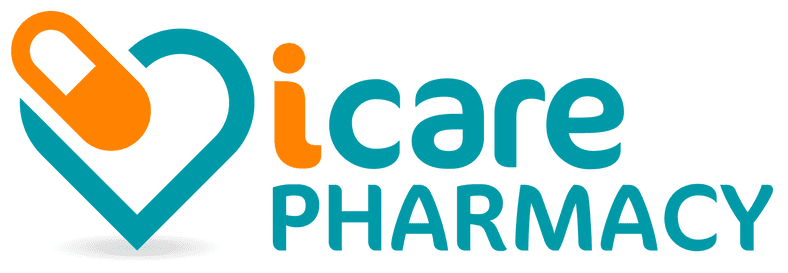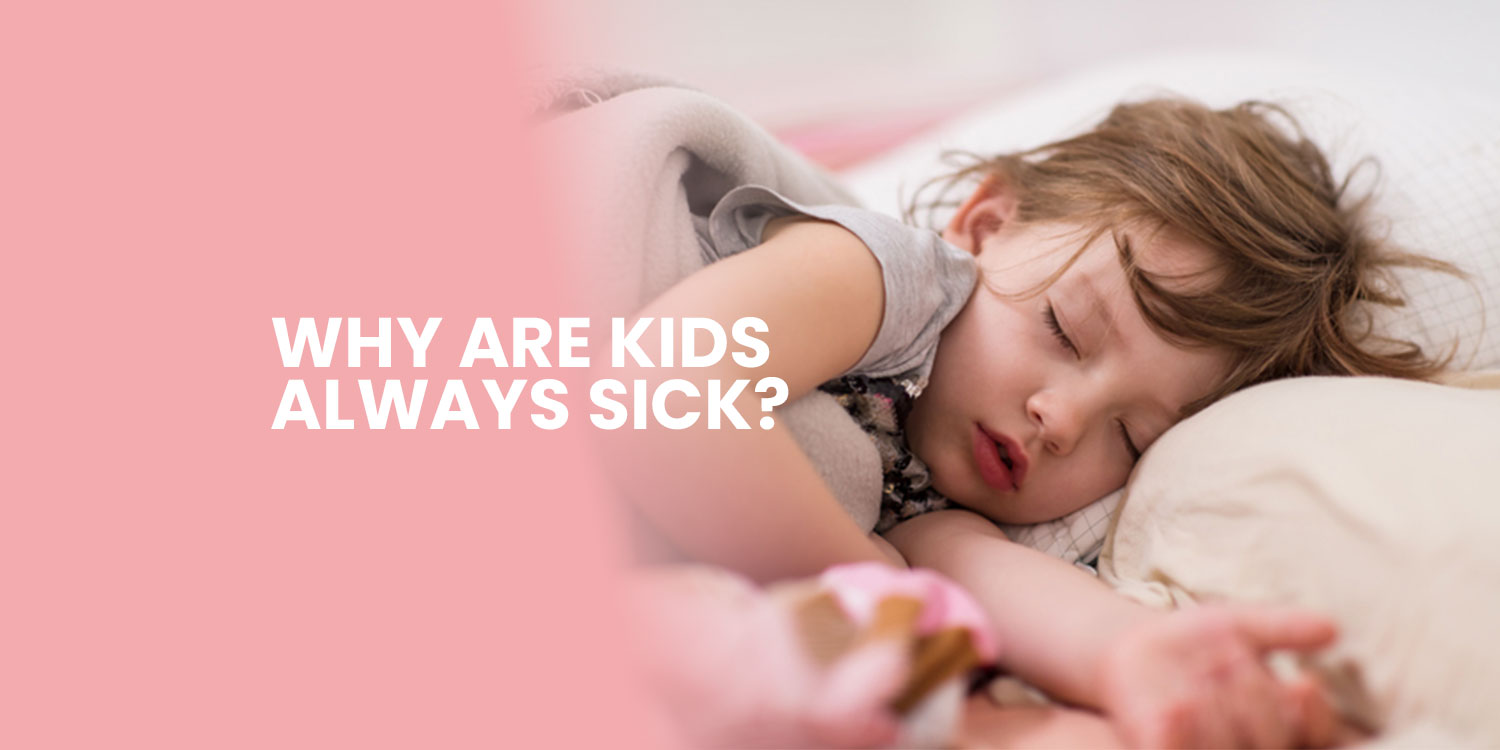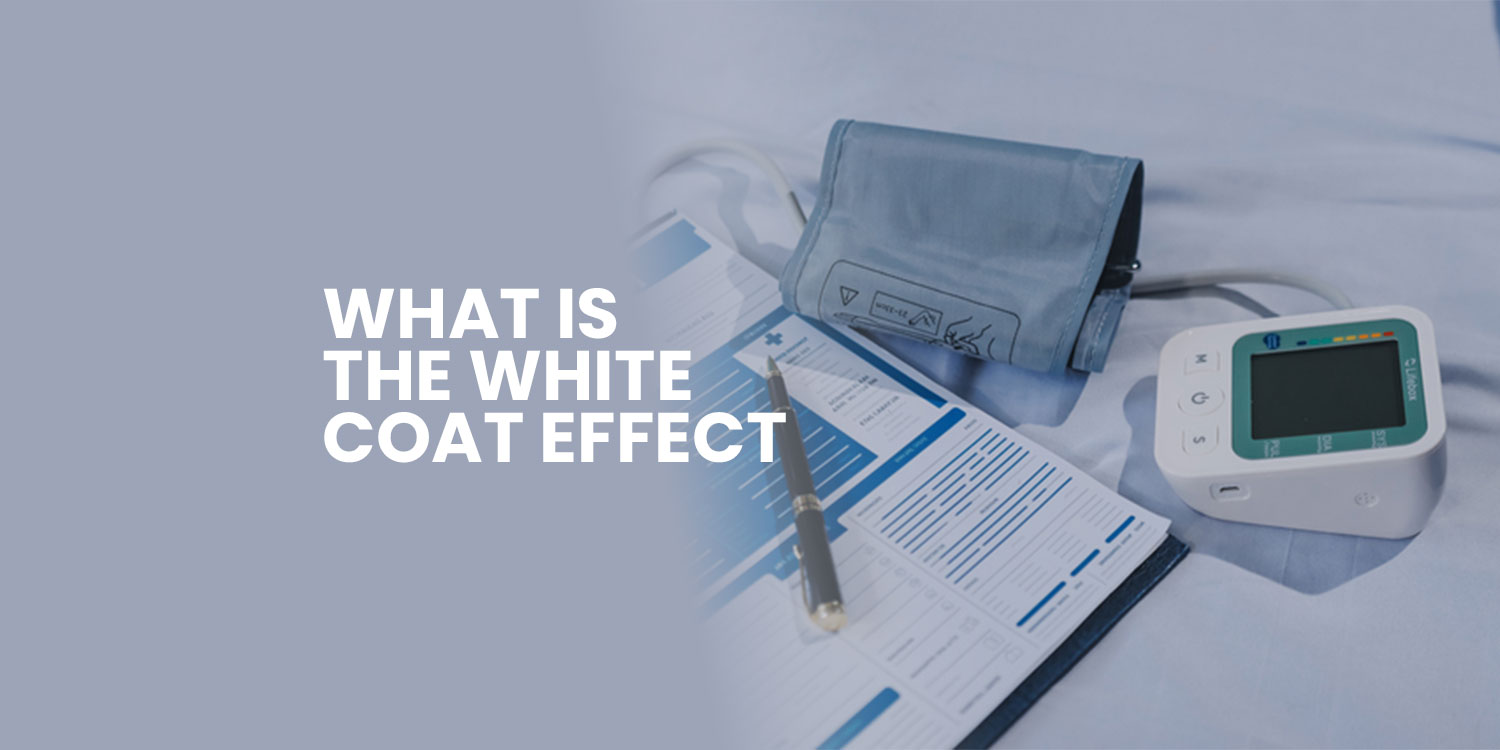Do You Have ADHD? 3 Signs to Watch For
Are you struggling at school or work and wondering if ADHD might be the reason? Attention-Deficit/Hyperactivity Disorder (ADHD) affects many people, often going unnoticed until challenges in daily life become overwhelming (American Psychiatric Association [APA], 2022). If you suspect you may have ADHD, here are three common signs to look out for:
1. Inattention
One of the hallmark signs of ADHD is difficulty staying focused. If you often find yourself zoning out during conversations, missing key details, or struggling to follow through on complex tasks, inattention could be a factor. Many people with ADHD find it challenging to organize their workload, keep track of deadlines, or complete assignments without getting sidetracked (Centers for Disease Control and Prevention [CDC], 2023).

2. Hyperactivity
Hyperactivity isn’t just about being physically restless—it can also manifest as a constant mental buzz. If you often feel the need to move around, fidget, or have difficulty staying seated for long periods, this could be a sign of ADHD. Even in situations where stillness is expected, people with ADHD might tap their feet, play with objects, or feel an internal urge to keep moving (APA, 2022).

3. Impulsivity
Do you find yourself making quick decisions without thinking through the consequences? Impulsivity in ADHD can lead to speaking out of turn, interrupting conversations, or making rash choices that you later regret. This can affect relationships, school performance, and workplace interactions, as impulsive actions may sometimes be seen as disruptive or careless (Barkley, 2015).

What Should You Do Next?
Recognizing these signs is just the first step. Getting an ADHD diagnosis isn’t as simple as checking off a list of symptoms—you’ll need to talk to a doctor or mental health professional. They may conduct interviews, ask about your history, and use specific tests to determine if ADHD is the right explanation for your struggles (CDC, 2023).
If you relate to these symptoms, consider reaching out to a healthcare provider for a proper evaluation. Understanding ADHD can help you take steps toward managing it effectively and improving your daily life.

References
American Psychiatric Association. (2022). Diagnostic and statistical manual of mental disorders (5th ed., text rev.; DSM-5-TR). https://doi.org/10.1176/appi.books.9780890425787
Barkley, R. A. (2015). Attention-deficit hyperactivity disorder: A handbook for diagnosis and treatment (4th ed.). The Guilford Press.
Centers for Disease Control and Prevention. (2023, September 19). What is ADHD? https://www.cdc.gov/ncbddd/adhd/facts.html




